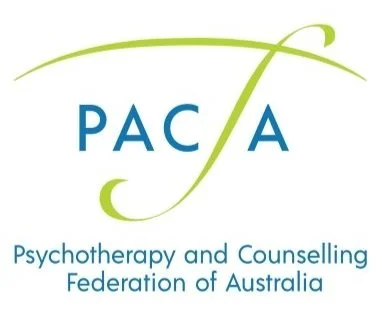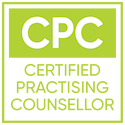Anxiety
Do any of these sound like you?
"I can't stop worrying about the future."
"I feel a tightness in my chest when I think about work."
"I feel like I'm not good enough, no matter how hard I try."
Anxiety is a normal human response to stress or uncertainty. However, when it becomes persistent, overwhelming, or interferes with daily life, it can be more than just occasional worry, it may be an anxiety disorder.
Anxiety can affect anyone, including adolescents, and often manifests in different ways. Some people experience excessive worry, while others struggle with physical symptoms such as restlessness, muscle tension, or even panic attacks. Understanding anxiety is the first step toward managing it effectively.
According to the Australian Bureau of Statistics (ABS), more than one in six Australians (17.2% or 3.4 million people) aged 16-85 years had a 12-month anxiety disorder in 2020-2022. For Young Adults, Almost one in three people (31.8%) aged 16-24 years had a 12-month anxiety disorder.
What Are the Common Symptoms of Anxiety?
Anxiety presents differently in each individual, but some common symptoms of anxiety include:
• Persistent feelings of nervousness or worry
• A sense of impending doom or fear, even without a clear reason
• Difficulty concentrating or staying focused
• Fatigue, muscle tension, or unexplained physical discomfort
• Trouble sleeping, particularly due to racing thoughts
• Avoidance of situations that trigger fear or discomfort
Anxiety in Adolescents
Adolescents’ anxiety symptoms can often be mistaken for mood swings or rebellion. However, anxiety in teenagers commonly manifests as:
• Increased irritability or frustration
• Withdrawal from social activities or school avoidance
• Complaints of frequent headaches or stomachaches
• Overthinking or excessive self-doubt
Effective Anxiety Management Tools
While anxiety may not always disappear, there are effective ways to manage and reduce its impact on daily life. Some proven anxiety management tools include:
Mindfulness and Meditation – Helps ground you in the present moment, reducing excessive worry.
Breathing Techniques – Slow, deep breathing activates the body’s relaxation response.
Cognitive Behavioural Therapy (CBT) – A structured therapy approach that helps challenge negative thought patterns.
Physical Activity – Exercise releases endorphins, which improve mood and reduce stress.
Limiting Stimulants – Reducing caffeine, alcohol, and sugar intake can help stabilise mood.
Seeking Professional Support – Therapy or counselling can provide guidance and tools for managing anxiety more effectively.
Anxiety Checklist: Do You Recognise These Signs?
If you’re unsure whether you might be struggling with anxiety, this anxiety checklist may help:
⬜ Do you experience frequent and uncontrollable worry?
⬜ Do you feel restless, on edge, or easily irritated?
⬜ Do you have difficulty falling or staying asleep due to overthinking?
⬜ Do you avoid certain situations because they make you anxious?
⬜ Do you experience physical symptoms like a racing heart, dizziness, or nausea?
If you checked several of these boxes, you might be experiencing anxiety that could benefit from professional support or anxiety management strategies.
Anxiety is not a weakness. It is a challenge that many people face. Whether it’s generalised anxiety, social anxiety, or nighttime anxiety, understanding your symptoms and learning effective coping strategies can make a significant difference.
If anxiety is affecting your daily life, consider reaching out to a professional for support. At Your Moments Counselling, we provide a safe and supportive space to explore your anxiety and develop strategies to regain control.




